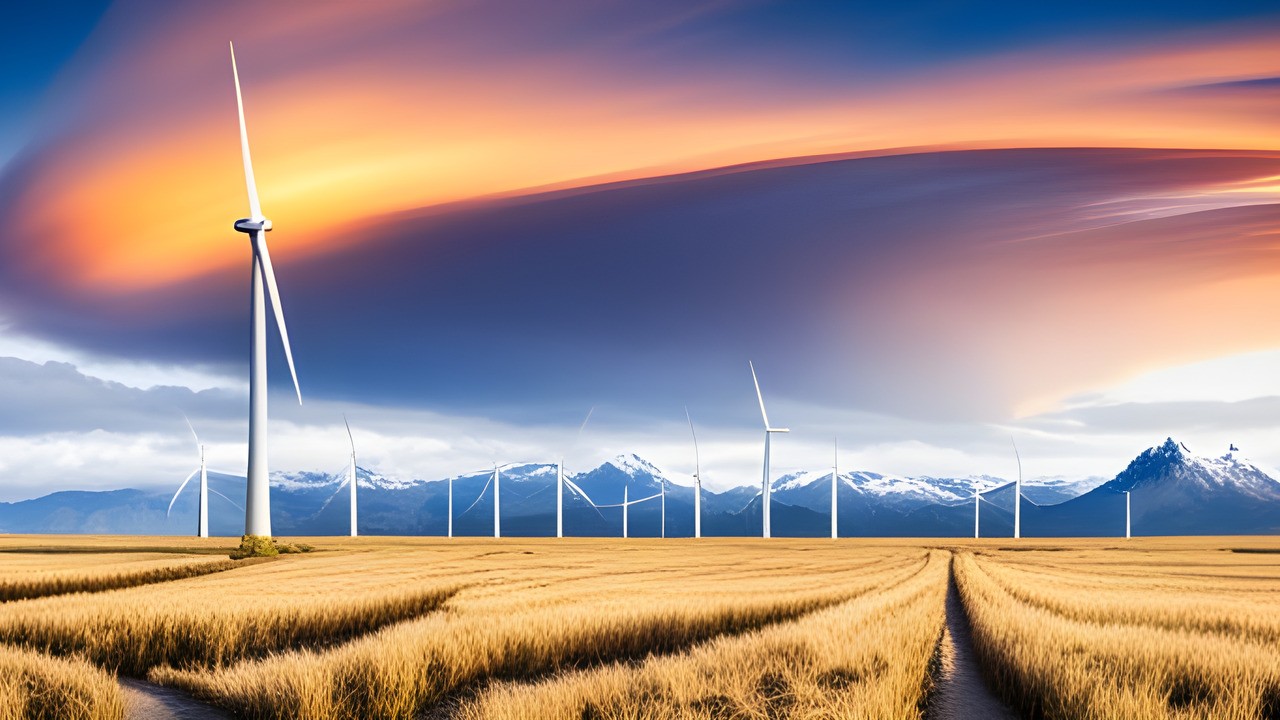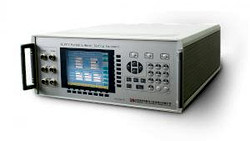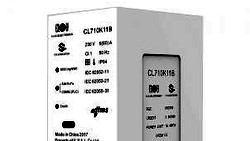As the world continues to grapple with the challenges of limited resources and the need for a sustainable future, the energy sector stands at the forefront of transformation. In this article, we will explore the exciting advancements and trends that are shaping the energy landscape of tomorrow. From renewable energy sources to smart grids and digitalization, the future of energy holds immense potential for a greener and more efficient world.
The Rise of Renewable Energy Sources
Renewable energy sources, such as solar and wind power, are playing an increasingly vital role in our quest for a sustainable future. The declining costs of solar panels and wind turbines, coupled with advancements in technology, have made these sources more accessible and economically viable. Governments worldwide are recognizing the importance of transitioning to clean energy and are implementing policies and incentives to drive its adoption.
Solar power, with its vast potential, is harnessing the energy radiated by our sun and converting it into electricity. The installation of solar panels is becoming more commonplace, not only on rooftops but also in large-scale solar farms. Similarly, wind power is gaining momentum with the development of wind farms, where powerful turbines convert the kinetic energy of the wind into electricity.
The benefits of renewable energy are manifold. Not only do they contribute to reducing greenhouse gas emissions and mitigating climate change, but they also promote energy independence and create new job opportunities in the renewable sector. The future of energy lies in harnessing the power of nature and embracing these clean and limitless sources.

Smart Grids and Energy Management
The traditional electricity grid is undergoing a transformation into a smart grid, which integrates advanced technologies to optimize energy distribution and consumption. Smart grids are equipped with sensors, communication networks, and data analytics capabilities, enabling real-time monitoring and control of energy flows.
One of the key advantages of smart grids is their ability to balance supply and demand more effectively. By integrating renewable energy sources and energy storage systems, smart grids can accommodate fluctuations in power generation and consumption. This flexibility enhances grid stability, reduces the risk of blackouts, and improves overall efficiency.
Moreover, smart grids empower consumers to actively participate in energy management. Through smart meters and real-time data, individuals can monitor their energy consumption, identify areas for improvement, and make more informed decisions about their energy usage. This increased awareness promotes energy conservation and efficiency, leading to cost savings and reduced environmental impact.
Energy Storage Solutions
While renewable energy sources are clean and abundant, their intermittent nature poses challenges for grid stability. This is where energy storage solutions come into play. Energy storage technologies enable the capture and storage of excess energy generated during periods of high production, which can then be utilized during times of low production or high demand.
Batteries are one of the most commonly known energy storage solutions. They store electrical energy in chemical form and can be deployed at various scales, from small residential systems to large-scale installations. Pumped hydro storage, on the other hand, uses the gravitational potential of water to store and release energy. During periods of excess energy, water is pumped uphill into a reservoir, and during peak demand, it is released to flow downhill, generating electricity.
Another emerging energy storage technology is hydrogen. By converting excess renewable energy into hydrogen through electrolysis, we can store and utilize it later for power generation or as a fuel source for various applications, including transportation.
Energy storage solutions provide grid operators with the means to balance supply and demand, manage fluctuations in renewable energy generation, and enhance grid reliability. They are instrumental in transitioning to a renewable energy future.
Digitalization and IoT in Energy
Digitalization and the Internet of Things (IoT) are revolutionizing the energy sector by enabling more efficient energy management and optimization. Advanced sensors, smart meters, and real-time data analytics are transforming the way we monitor, analyze, and control energy systems.
Energy monitoring systems gather data on energy consumption patterns, allowing consumers and businesses to identify energy-intensive processes and implement energy-saving measures. Real-time data analysis provides insights into energy usage trends, enabling proactive decision-making and the identification of opportunities for optimization.
Predictive maintenance, made possible through IoT-enabled devices, helps prevent equipment failures by detecting early warning signs and scheduling maintenance before major issues arise. This proactive approach maximizes operational efficiency, reduces downtime, and extends the lifespan of energy infrastructure.
Furthermore, digital solutions empower consumers to actively participate in energy markets. Through energy market platforms, individuals can sell excess energy generated from their rooftop solar panels or participate in demand response programs, where they adjust their energy consumption based on price signals.
Takeaway
The future of energy holds immense promise and potential. From renewable energy sources and smart grids to energy storage and digitalization, we are witnessing a transformative shift in the way we generate, distribute, and consume energy. At CLOU, we arecommitted to driving this energy revolution forward by providing innovative solutions, such as electronic energy meters, smart meters, and energy storage systems. Together, we can shape a sustainable tomorrow and create a greener world for generations to come.
If you have any inquiries or need further information about our wide range of products, please do not hesitate to reach out to us. We are here to assist you.
Thank you for reading. If you would like to share your thoughts, please feel free to leave a comment below. Let's power up the future together and keep those electrons buzzing!
Editor's note: This article was originally published in October 2023 and has been updated for comprehensiveness.





All comments are moderated before being published. Inappropriate or off-topic comments may not be approved.